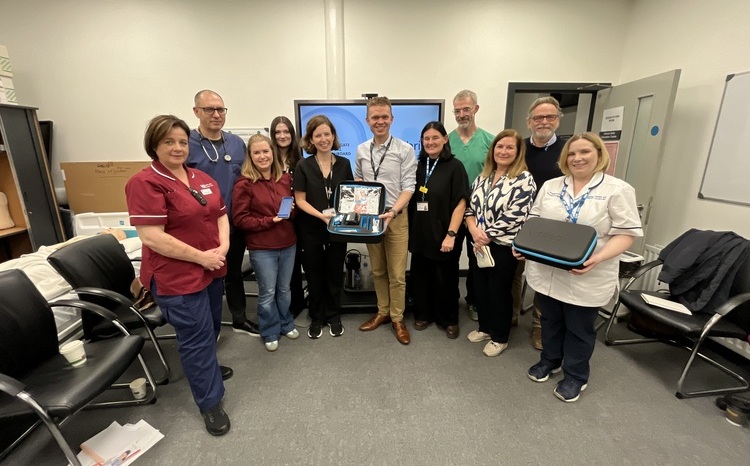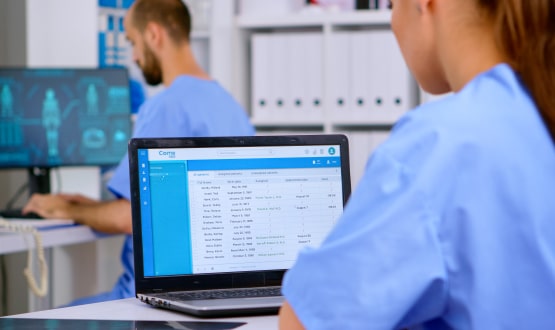Royal Free flags training issues
- 24 July 2008
The Royal Free Hampstead NHS Trust has rebutted local newspaper coverage claiming that it has suffered a "month of computer chaos."
The trust admits there has been some issues since it went live with the London Cluster Release 1 version of Cerner Millennium. However, it says these were not unexpected and staff are already seeing the benefits of the new system.
A spokesperson told E-Health Insider: “Some areas are working with the system better than others, but generally things have gone rather better than we expected. It is certainly not correct to describe the situation as chaotic.
“The new system is already beginning to deliver some initial benefits to patients. For example, for the first time clinicians can see in one place patient notes, diagnosis, tests and follow ups.”
Royal Free became the first trust in the country to go-live with the system in June. It trained 4,000 staff before go-live, but some issues have arisen because they didn’t train on the system deployed.
The spokesperson said: “We were the first trust to implement a new version of the system, known as LC1. This meant that the initial training module we used was also the first of type and was similar, but not identical, to the live system.
“A training team of 14 people is supporting staff as they go about their daily duties. In addition, extra training sessions are available for staff who require them, as well as online and printed guides and helpdesk support.”
She added: “A system of this size and complexity inevitably means that staff have to get used to new ways of working and new processes, which takes time. These issues are not unexpected, and the trust, BT and the London Programme for IT will continue to work together to resolve any issues.”
Staff have complained to the Camden New Journal that the system has been tweaked from the system they trained on and that they are spending more time on booking appointments than they spent when they used paper methods.
The trust acknowledged these issues and stressed they were being addressed. Since go-live, the trust’s IT team has taken 2,550 helpdesk calls relating to the CRS and are working to resolve these.
The spokesperson said: “As with any major change of this nature, involving over 4,000 staff, there have been some issues.
"These have been mainly in high volume clinics, where processes are taking longer than paper flow, but this is being addressed by the executive with the offer of additional clinical and administrative staff to help reduce the workload while clinicians adjust to the new systems.
“The gradual reduction in reliance on paper records will benefit the patients in the long term, but it is recognised that while staff are getting used to the system a small number of patients may have to wait longer than expected in clinic.”




